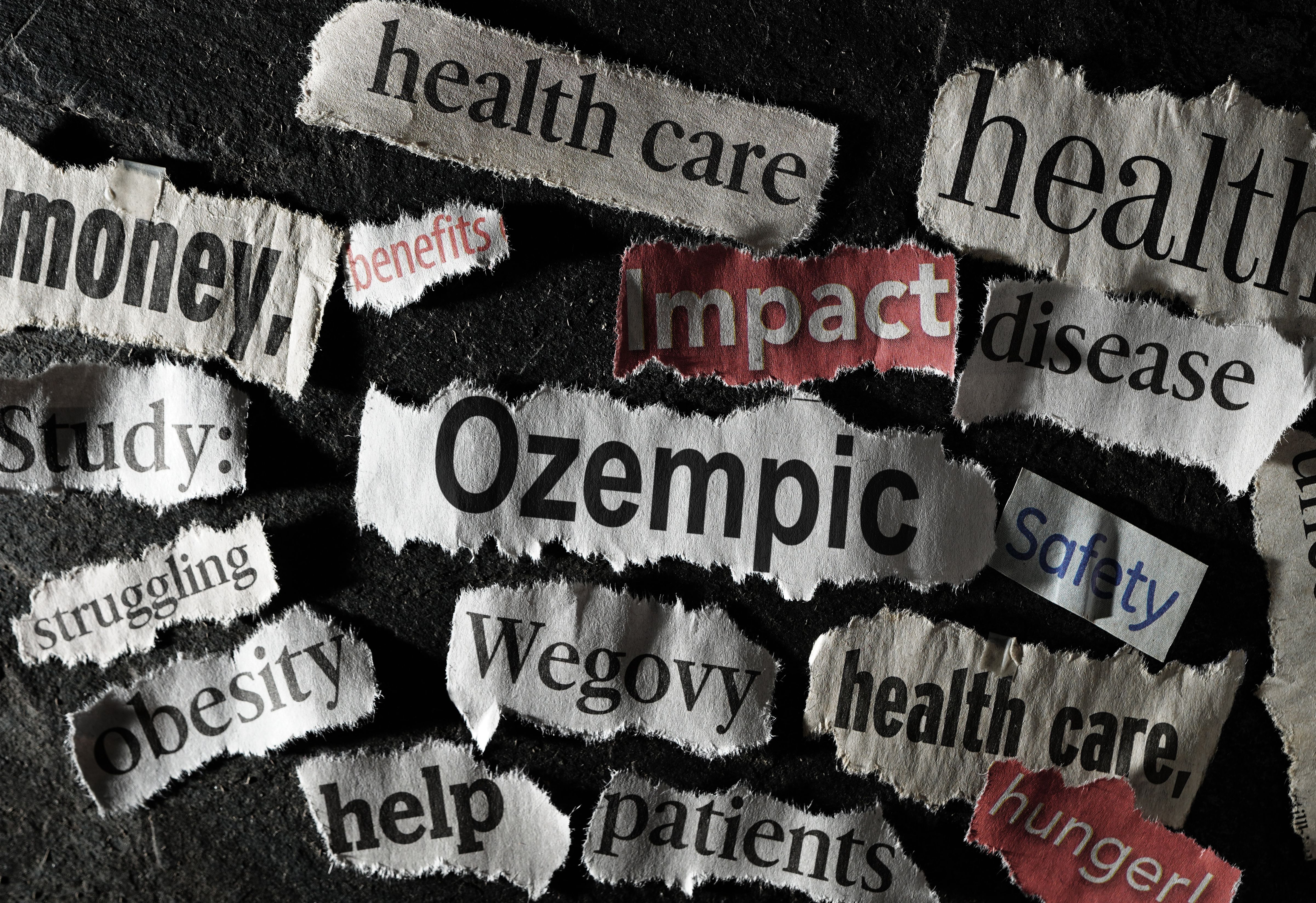Article
Community Pharmacists Improve NSAID Risk Awareness
Author(s):
Community pharmacists can identify and educate patients at high risk for acute kidney injury related to use of nonsteroidal anti-inflammatory drugs.
Community pharmacists can identify and educate patients at high risk for acute kidney injury (AKI) related to use of nonsteroidal anti-inflammatory drugs (NSAIDs), according to information published in Preventing Chronic Disease.
Researchers recruited 152 patients who were receiving prescription medications for hypertension or diabetes to participate in an educational program on the risks of NSAID use that was conducted by pharmacy interns over 6 weeks.
“We decided to evaluate this because, as nephrology pharmacists, we felt that the inpatient admissions from community-acquired AKI could reduced by addressing NSAID use in the pharmacy, which is a typical place of OTC medication purchases,” corresponding study author Amy Barton Pai, PharmD, told Pharmacy Times in an email.
Roughly one-third of the patients (36%) were recruited at supermarket pharmacies, 28% from chain pharmacies, 20% at mass merchandiser pharmacies, and 16% from independent pharmacies. The participants completed a patient knowledge questionnaire (PKQ) containing 5 questions concerning NSAIDs that were scored on a 1-5 scale both before and after the educational intervention.
About half of the participants reported current NSAID use, among whom 45% used the OTC drugs 1 to 2 times per month, 29% took them 1 to 2 times per week, and 26% used them >1 to 2 times per week. The most frequent concomitant medications among those with current prescriptions (19 patients) or NSAID use (54 patients) were angiotensin-converting enzyme inhibitors or angiotensin receptor blockers (27%), oral anti-diabetic agents (27%), beta-blockers (15%), and diuretics (15%). Just 7% of NSAID users reported receiving an ACEI or ARB with a diuretic.
“We were surprised how little patients with comorbidities who were engaged within the health care system knew about the kidney risks of NSAIDs and how many currently used NSAIDS on a regular basis,” Dr. Barton Pai explained. “I think pharmacists can take away that a very simple and brief discussion of kidney risks can potentially prevent serious and costly episodes of AKI.”
Although women had slightly lower scores on the pre-intervention PKQ than men, both groups’ scores improved after the pharmacist-led education program. Overall, the participants’ PKQ scores significantly increased following the intervention.
“This underscores the value of the community pharmacist,” Dr. Barton Pai said. “…It demonstrates the pharmacist is thinking a few steps ahead before an adverse event occurs.”
Newsletter
Stay informed on drug updates, treatment guidelines, and pharmacy practice trends—subscribe to Pharmacy Times for weekly clinical insights.





